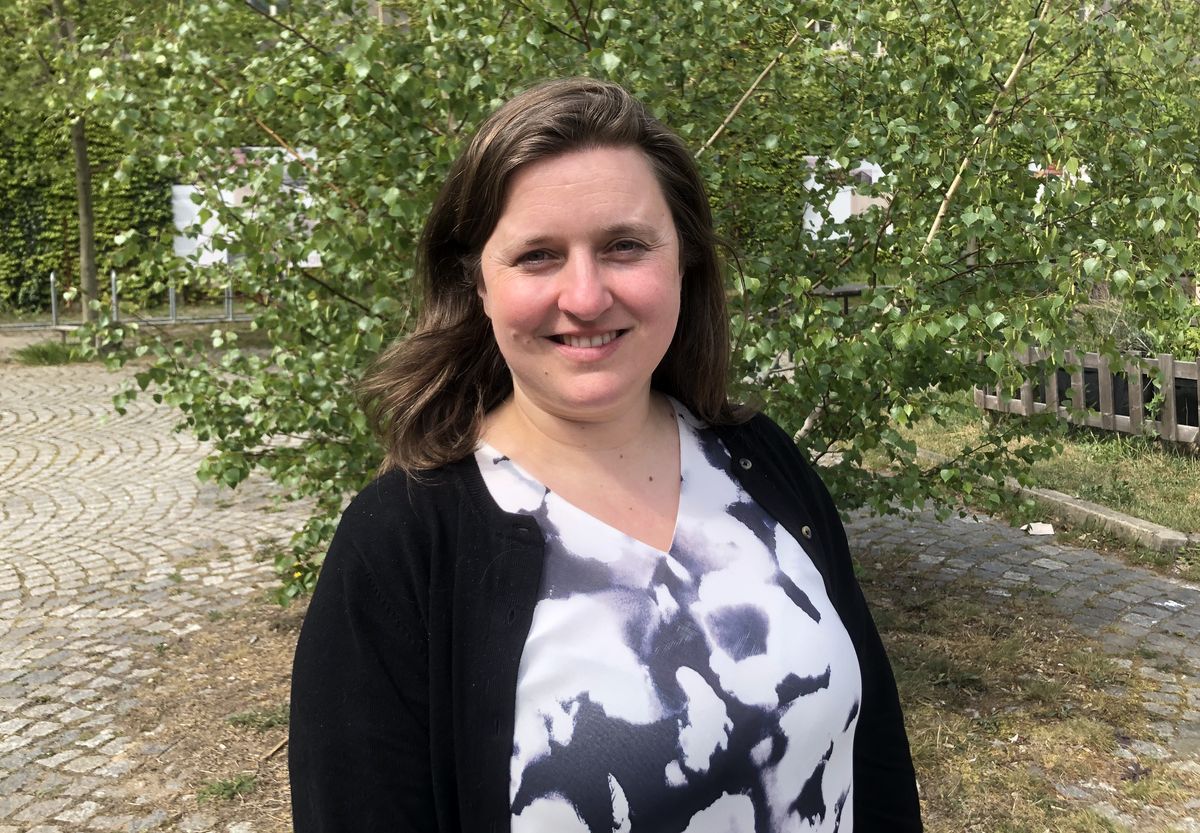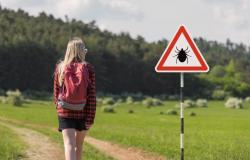They didn’t go to school or kindergarten, they didn’t get regular meals, they didn’t have access to a toilet, and they went to the stream to wash themselves. Three children aged 5, 7 and 8, who lived with their mother and four other adults in a cabin in Hluboká nad Vltavou, were discovered by the police essentially by accident.
Their living conditions were evaluated by social workers as unsatisfactory, so the children were taken from the mother on the spot and placed in a children’s home. The case brought to the attention of the server iDnes.cz is now being dealt with by OSPOD. Seven other children have already been taken from their mother in the past.
According to Lenka Felcmanová, chairwoman of the SOFA (Society for ALL) organization, which provides support for children at risk and deals with the topic of mental health, this is fortunately a unique case in the Czech environment. “We don’t come across such cases that often in the Czech Republic, because the context is different here. However, in Slovak settlements, for example, it is probably much worse in terms of providing for the needs of children,” he says for Seznam Zprávy.
In the interview, he further describes how traumatized children usually manifest themselves and how the system should ideally approach them in the first moments. At the same time, it also outlines how the case may develop further and under what circumstances the children could return to their mother’s care.
What psychological consequences do children typically suffer in cases like the one in Hluboká nad Vltavou? Are there any commonalities?
Children traumatized in this way usually experience an intense feeling of threat. It is likely that they already experienced violence in the home environment, when they were still living as a family with their father, and that was probably the reason why their mother ran away with them. However, she no longer ensured their safety and left with them to an environment in which they were truly deprived and many of their needs were neglected. This creates a permanent sense of threat in the child.
He is constantly under high stress, and if the condition is also long-term, it really affects how he functions in normal stressful situations. These children said that they couldn’t even remember the last time they were in school, in kindergarten, so it is likely that even in this context the neglect was more long-term.
What should the first steps of social workers or the police look like in such cases?
The fact that the police immediately contacted OSPOD and tried to find more information is, in my opinion, the best possible course of action. At the same time, it was a rather remote place, and if the policemen had not taken the initiative to go to the cabin, the situation might not have been revealed until much later, when the conditions could have been even worse.
Photo: MP Hluboká nad Vltavou
Photograph of the household where the children lived.
Those children should definitely be provided with a safe environment now. They were probably placed in some sort of emergency facility. There again, it is very important that someone helps them orient themselves in what is to come.
It is typical of traumatic stress that children live in great chaos. They don’t know what will happen tomorrow, there is no predictability in their lives. So they need to familiarize themselves with what will happen today, what will happen tomorrow, who they will meet. And it is also important that they are given a certain possibility of control, that is, that they have a choice in at least some things – for example, in what they take on.
And from a longer-term perspective?
It will probably be very important to find out what their relationship with their mother is like. If there is any possibility, for example, if she were to support herself in a parenting skills course or therapy, that she would be a good parent for the children.
I only have information from the media, but she supposedly had 10 children and most of them were taken from her. Then it will probably also be a question of how to adjust the contact with the parents so that it is as good as possible for the children. If they have an emotional relationship with the mother and it could be worked with in the sense that she would learn how to better fulfill the needs of her children, then I would try to support that in the first place.

And if it fails? What are the options left?
If it turns out that he is the same source of danger as the father was and there is no willingness to change, then it will be necessary to consider what are the appropriate forms of contact and whether it would be better for the children to be placed in foster care.
Institutional care is always the worst possible option from my point of view, because children need to establish a stable, predictable relationship with one or two caring people, which is quite difficult to arrange in, for example, a children’s home. It’s much better in foster care. However, it will also be important to map what the system might have done before the children were taken.

Photo: Magdalena Kulasová
Lenka Felcmanová, chairwoman and co-founder of the SOFA organization.
Yes, as you yourself mentioned, seven children have already been taken from their mother in the past. Therefore, the question arises whether in this case the authorities, which are supposed to ensure the protection of children and supervise whether they live in dignified conditions, did not neglect something.
That’s another aspect. The system should be able to supervise and possibly offer support to those parents who have already had multiple removals. He should chart how the other kids are doing, because they are obviously at extreme risk of being treated the same way. So, in this regard, I definitely think it will be important to access how the whole family was supervised.
Where do you think the boundary lies when the conditions within a given family are already so unsatisfactory or undignified for the child that it is necessary to move him to substitute, institutional care? There would certainly also be cases where, for example, there are bad financial conditions in the family, but parents and children have a good relationship…
Sometimes it is very difficult to determine, but removal is basically necessary when a parent or the whole situation in the family is demonstrably harming the child – whether it is direct physical, psychological or sexual violence. Of course, these are the moments when the child’s health and life are in immediate danger and when we should not hesitate at all and start solving the situation immediately.
It is said that the most critical period is the first three months of life. If the child does not experience a positive bond with the primary caregiver during these times, it has far more devastating effects than if it were abused for many years later in life.
And what about cases in which it is precisely negligence? When does the family environment not provide decent conditions for a child’s life?
It often happens that only some needs are neglected, for example due to the reduced socio-economic situation of the family. And in the Czech Republic we still remove a relatively high number of children purely for economic reasons, but the relationship between the child and the parents does not have to be disturbed at all.
Therefore, it is important to consider whether there are any forms of support that could supplement the family’s deficient abilities and ensure the child’s unfulfilled needs. In any case, it makes no sense to tear the child out of an emotional bond that is stable.
In this case, the children’s statements also indicate unworthy hygienic conditions, neglected nutrition and school attendance. How often do we encounter such cases in the Czech context?
The fact that children have to wash themselves in nature and do not have access to a toilet is not that common. I would say that for extreme cases like this, when children live in the winter, are hungry and do not have access to basic hygiene, there are units here. In the Czech Republic, we don’t see it that often, because the context is different here. However, in Slovakia, for example, in those settlements, it is probably much worse in terms of providing for the needs of children.
It is not uncommon that some people tend to trivialize such cases, arguing that children are still young and will not remember anything from the traumatic experience…
That’s a terrible mistake. Traumatic stress has the greatest negative effect in childhood, because it affects the development of the child’s brain and the way the neural connections are formed in it. It is even said that the most critical period is the first three months of life. If the child does not experience a positive bond with the primary caregiver during these times, it has far more devastating effects than if it were abused for many years later in life. So the younger the child, the worse the impact of traumatic stress.
We need to correct this socially widespread opinion that children can endure anything. Many people carry trauma from their childhood that remained unresolved for generations. For a long time it was taboo, but it turns out that a loving caring relationship is the most important thing for a child’s healthy development.
Tags: children woman cases exceptional expert
-








